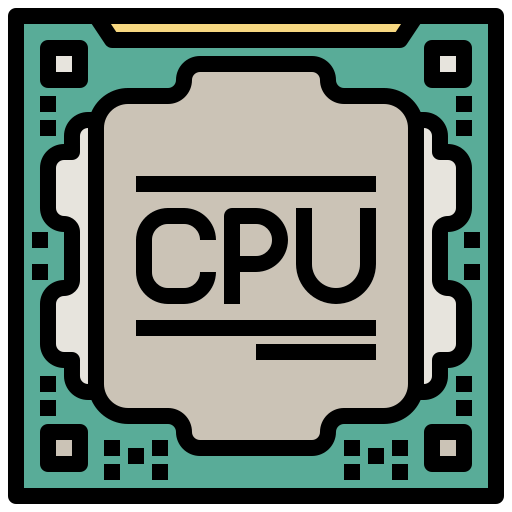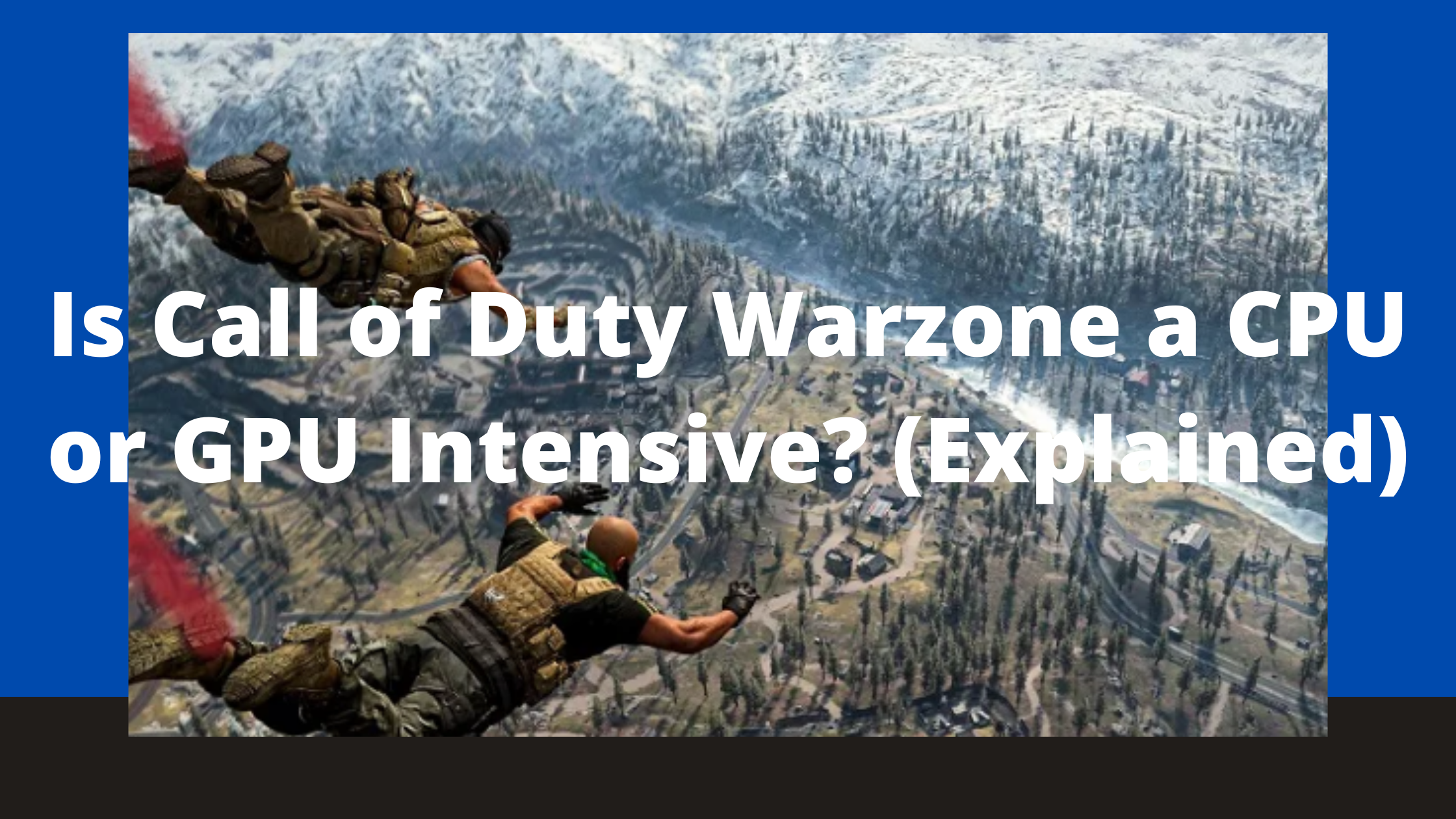Call of Duty Warzone is a new game mode for the Call of Duty series. It is a free-to-play battle royale game that can be played with up to 150 players.
The game is said to be CPU intensive, but is it also GPU intensive? In this article, we will take a look at what kind of hardware you will need to run Warzone and how the game performs on different graphics cards.
In this article, you can get all the information related to Is Call of Duty Warzone CPU or GPU Intensive.
Is Warzone CPU or GPU Intensive?
Warzone is an intense game that can take up a lot of resources on your computer. Some people are wondering if the game is more CPU intensive or GPU intensive.
There have been many reports of people saying that their GPU usage is maxed out when playing Warzone. However, some say their CPU is maxed out when playing the game. So, which one is it?
Warzone seems to be more CPU intensive than GPU intensive. It was shown in a study. The study found that the CPU usage was around 90%, while the GPU usage was around 60%. It doesn’t mean that your GPU won’t be used when playing Warzone.
What Causes High CPU Usage in Warzone?
- Outdated CPU
- Old Drivers
- Insufficient RAM
-
Outdated CPU
An outdated CPU often causes CPU usage spikes in Warzone. When CPUs get old, they can’t handle the new software, leading to high CPU usage and lag.
If you’re noticing high CPU usage in Warzone, it might be time to upgrade your hardware. You can find some fantastic deals on CPUs on sites like Amazon. Upgrading your CPU can help reduce or eliminate high CPU usage in Warzone.
-
Old Drivers
We’ve been getting a lot of reports about high CPU usage in Warzone, and after some investigation, we’ve determined that the root cause is old drivers.
If you’re using an older driver, please update to the latest version as soon as possible. Doing so should help reduce or eliminate high CPU usage in Warzone.
-
Insufficient RAM
In the game Warzone, many players are experiencing high CPU usage. The root of this problem is insufficient RAM.
When the game tries to load more data than the available RAM can hold, the CPU is overloaded. You can fix it by either upgrading your RAM or closing other programs while playing Warzone.
How to Fix High CPU Usage in Warzone?
- Update Drivers
- Lower Graphics Settings
- Disable Nvidia Overlay
- Increase Virtual Memory
-
Update Drivers
Warzone players have been experiencing high CPU usage since the game was released. The problem is said to be caused by the game’s drivers.
It has not been updated since the game was released. Players are reporting that they can fix the issue by updating their drivers.
The update seems to have done the trick for many players, as reports of high CPU usage have decreased significantly. However, some players are still experiencing problems so you may need more fixes in the future.
-
Lower Graphics Settings
Reducing your graphics settings may help to fix high CPU usage in Warzone. The game’s engine cannot render all of the graphical elements at once, which can cause your CPU to work harder than necessary.
By reducing your graphics settings, you can help to alleviate this issue and improve your game performance.
-
Disable Nvidia Overlay
When the overlay is enabled, Nvidia has been known to cause high CPU usage in Warzone. You can resolve this issue by disabling the overlay.
To do this, open the Nvidia Control Panel and click “Manage 3D Settings.” Under “Global Settings,” find the “In-game Overlay” setting and set it to “Off.
-
Increase Virtual Memory
One of the many issues in Warzone is high CPU usage. While there are several potential causes of this problem, one of the most common is insufficient virtual memory. Fortunately, there are several ways to address this issue.
A straightforward way is to increase the size of your virtual memory paging file. To do this:
- Open the System window (Windows key+X) and select Advanced system settings.
- In the Advanced tab, click Settings under Performance.
- In the Performance Options window, select the Advanced tab and click Change under Virtual Memory.
- Uncheck “Automatically manage paging file size for all drives” and set a custom size for your paging file.
- Leave at least 1GB of free space on your system drive.
Another way to increase virtual memory is to add more RAM to your system.

Can You Play Warzone Without a Graphics Card?
Yes, you can play Warzone without a graphics card. However, if you’re using an integrated graphics processor (IGP), your game performance may be limited.
Most laptops come with IGPs, so if you want to get the best Warzone experience possible, you’ll need to upgrade to a dedicated graphics card.
Is Warzone More CPU or GPU Based?
Warzone is a game that has been out for a while now, and many people love it. It is a first-person shooter that you can play on different platforms.
Some people think that the game is more CPU based, while others believe that it is more GPU based.
We will take a closer look at Warzone and see which of these options is correct. CPUs have come a long way in performance, but GPUs have made even more giant leaps.
GPUs are now so powerful that they can be helpful for tasks other than graphics. Many believe that Warzone is more GPU based than CPU based.
The thing to remember here is that CPUs are not as powerful as they used to be, and GPUs are becoming more powerful all the time.
Final Thoughts
In conclusion, there are several ways for Is Call of Duty Warzone CPU or GPU Intensive. You can try the solutions listed in the article, or you can try a different method. If all else fails, you can contact Support for help.

